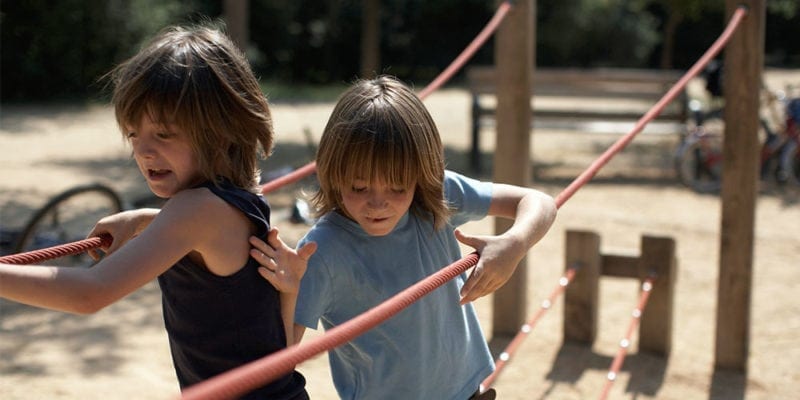Recently, my daughter had a disagreement with one of her good friends. She didn’t like the way he had treated his girlfriend, another one of my daughter’s friends. But rather than calling him or sitting down with him to discuss the issue, she posted about it on social media. Of course, this did not go well and created a whole new set of issues.
Kids are immature. As much as we would like them to always think through situations and make great decisions, it just isn’t natural for them to do that. That’s why they have us. We have a responsibility to help guide them and prepare them for the conflict they eventually will face. Here are 5 common mistakes kids make when they fight.
1. They take it to social media.
Kids communicate through social media. Whether we like it or not, it’s a fact we have to accept. When they are frustrated, their first instinct can be to post about the problem on social media. We need to have conversations with them and teach them to consider alternatives like talking to a friend or parent about the issue or addressing the issue with the person directly, whether face to face, in a phone conversation, or even through a thoughtful email.
2. They don’t listen before speaking.
Our kids have very real and strong emotions. When they become emotional, they want to express how they are feeling. This instinct is so strong that they tend to speak before they listen. This leads to situations where they give an opinion after jumping to conclusions and without considering the other side of the story. Unfortunately, adults do this as well, so we need to be mindful to set the right example.
3. They don’t realize that different opinions aren’t necessarily wrong.
There are always at least two sides to every story. This is something our kids often struggle to understand. They can feel so passionately about their perspective that they can’t imagine anyone having a conflicting yet valid point. We need to remind our kids to put themselves in someone else’s shoes—that’s when they’ll realize there may be value to another perspective.
4. They don’t understand that some battles are worth the fight, but some are not.
As our kids grow, we will have many instances when we are proud of them for standing up for what they believe. There will also be times when they are fighting a battle they cannot win or fighting for a cause that isn’t worth the emotional effort.
When we see them sticking up for a friend or teammate, this is a battle worth fighting. But when they are threatening to quit the soccer team because they want to wear red socks rather than white socks, we may need to step in and talk to them.
5. They don’t realize that what’s done is done, and there is a time to move forward.
We all have a hard time moving on from a conflict. This is even more difficult for kids, especially when they don’t get the resolution they are looking for. But we need to teach them that there is a point at which they need to move on.
When my kids were younger my son broke my daughter’s favorite water bottle. She was angry and hurt. He offered a sincere apology, but her anger remained. We had to sit down and discuss the fact that her anger wouldn’t fix the bottle and that he had no way to replace it. There was no reason to remain angry. She needed to move on.
Sound off: How do your kids deal with conflict?











Huddle up with your kids and ask, “What’s the best thing to do when you find out somebody doesn’t share your opinion on something?”